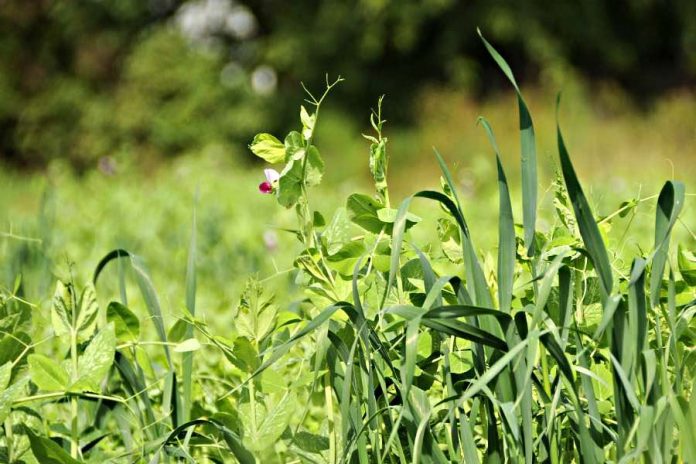Plants make decisions about risk in a similar manner to humans and animals despite the fact that the plants have no brain or nervous system. Alex Kacelnik of Oxford University in the United Kingdom and Efrat Dener at Ben-Gurion University in Israel are the first to show that plants have evolved a mechanism to make decisions that benefit the plant’s survival.
The decisions that plants are capable of making are eerily similar to theoretical survival decisions that people make about money. Plants can opt for a variable food supply that has the potential to produce greater gain in the future. Plants are capable of accepting a greater risk that has the possibility of greater future gain. The behavior is similar to human decisions about commodities futures and stock prices.
The researchers split pea plant roots between two pots. One pot had a constant nutrient content and the other had a variable nutrient content. The plants produced more new roots in the pots with a variable nutrient content than the plants did in the constant nutrient source.
The exact chemical mechanism for the plant’s decision making ability is not known. The scientists conclude that the behavior has evolved over eons of time in which plants were exposed to a variety of climate conditions and nutrient conditions. The plants learned in some way that taking a risk that includes the possibility of death is more beneficial to long-term survival than a guaranteed food source.















